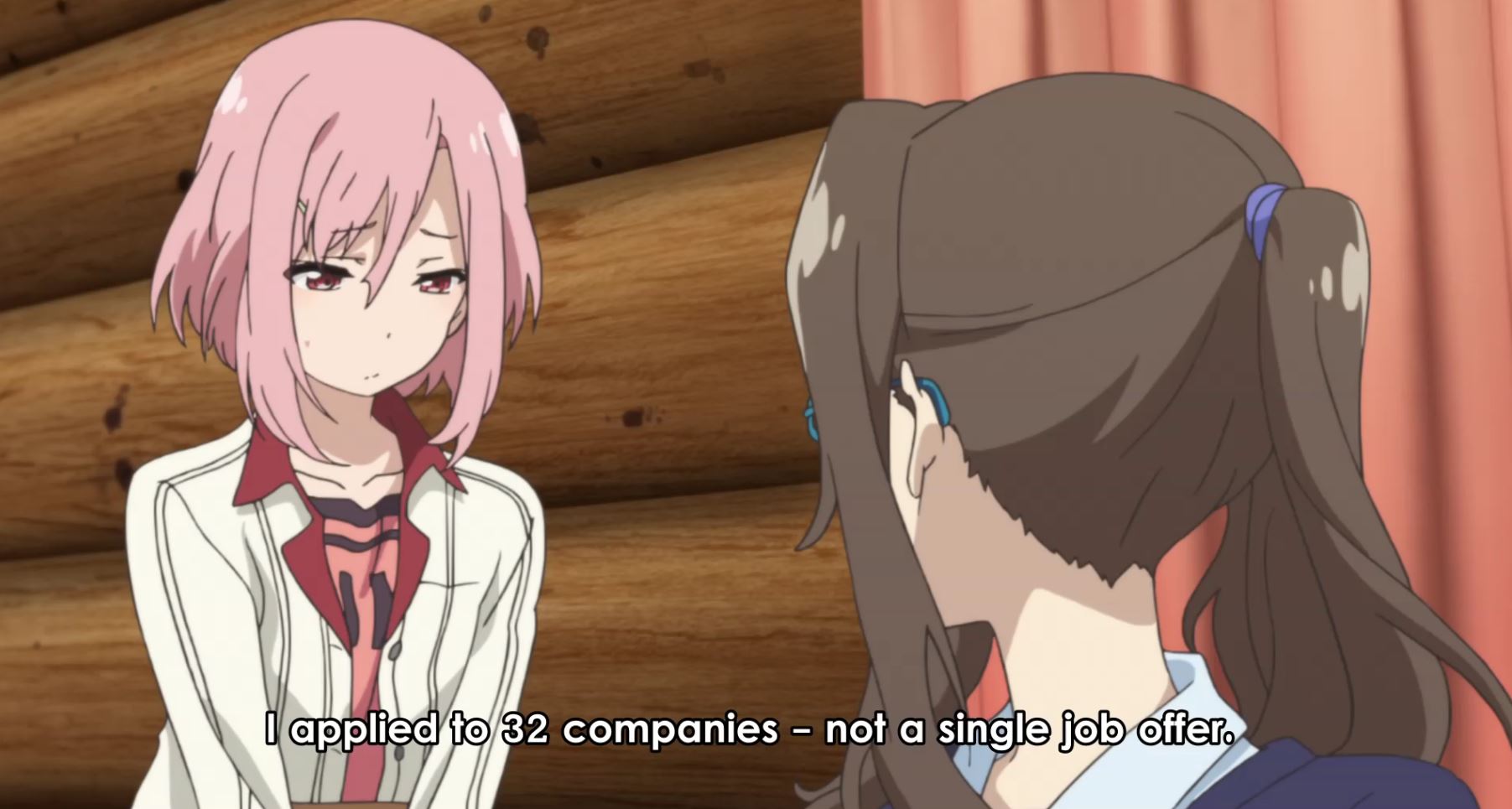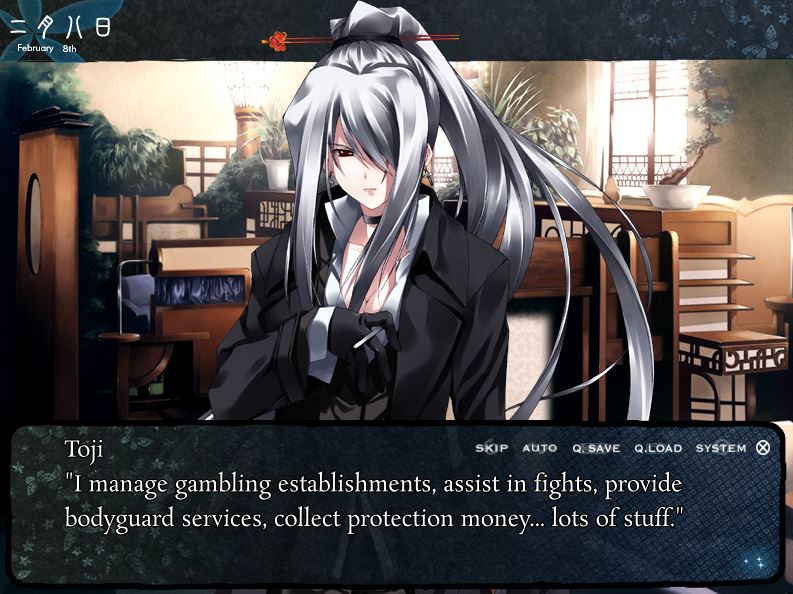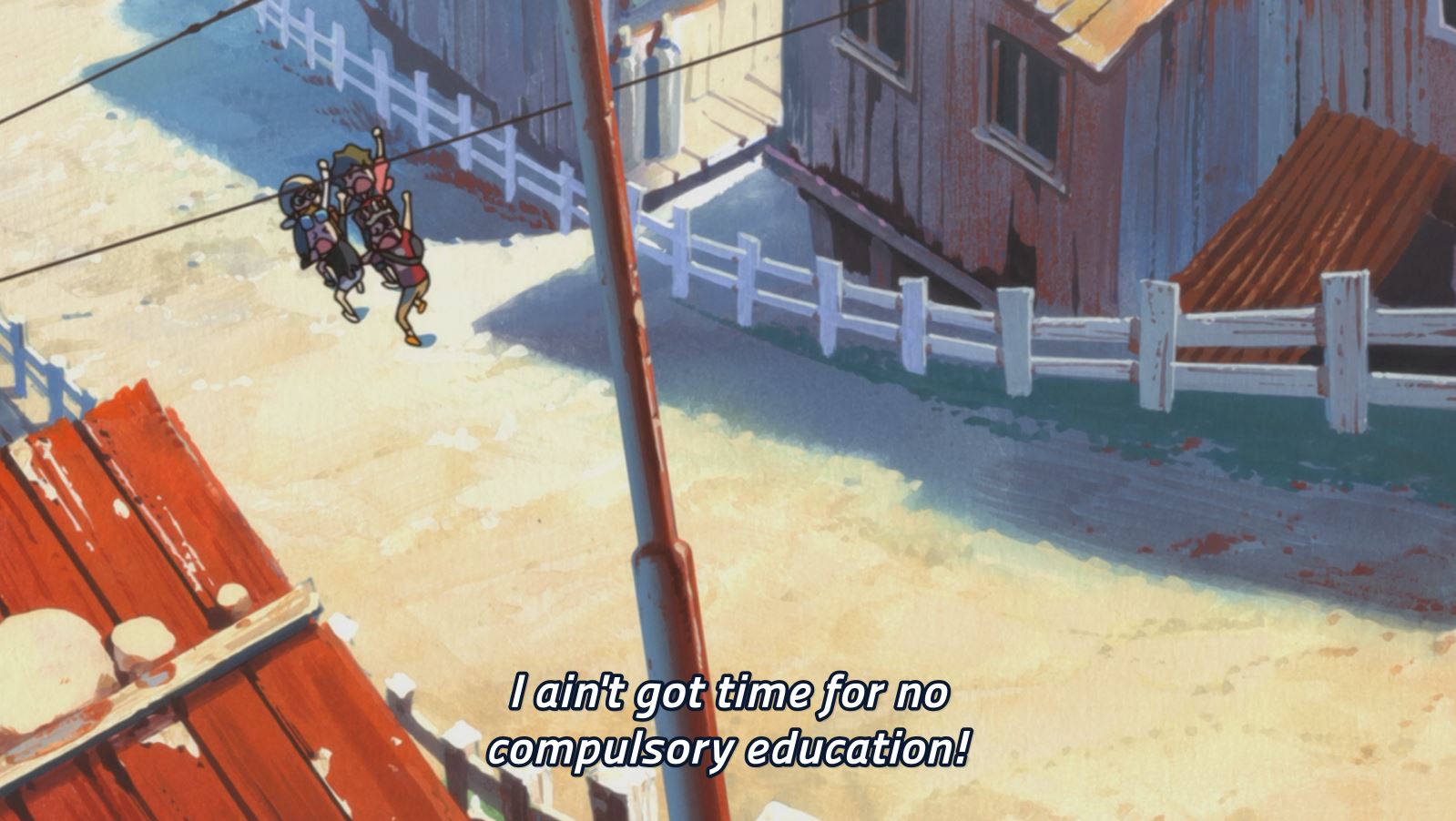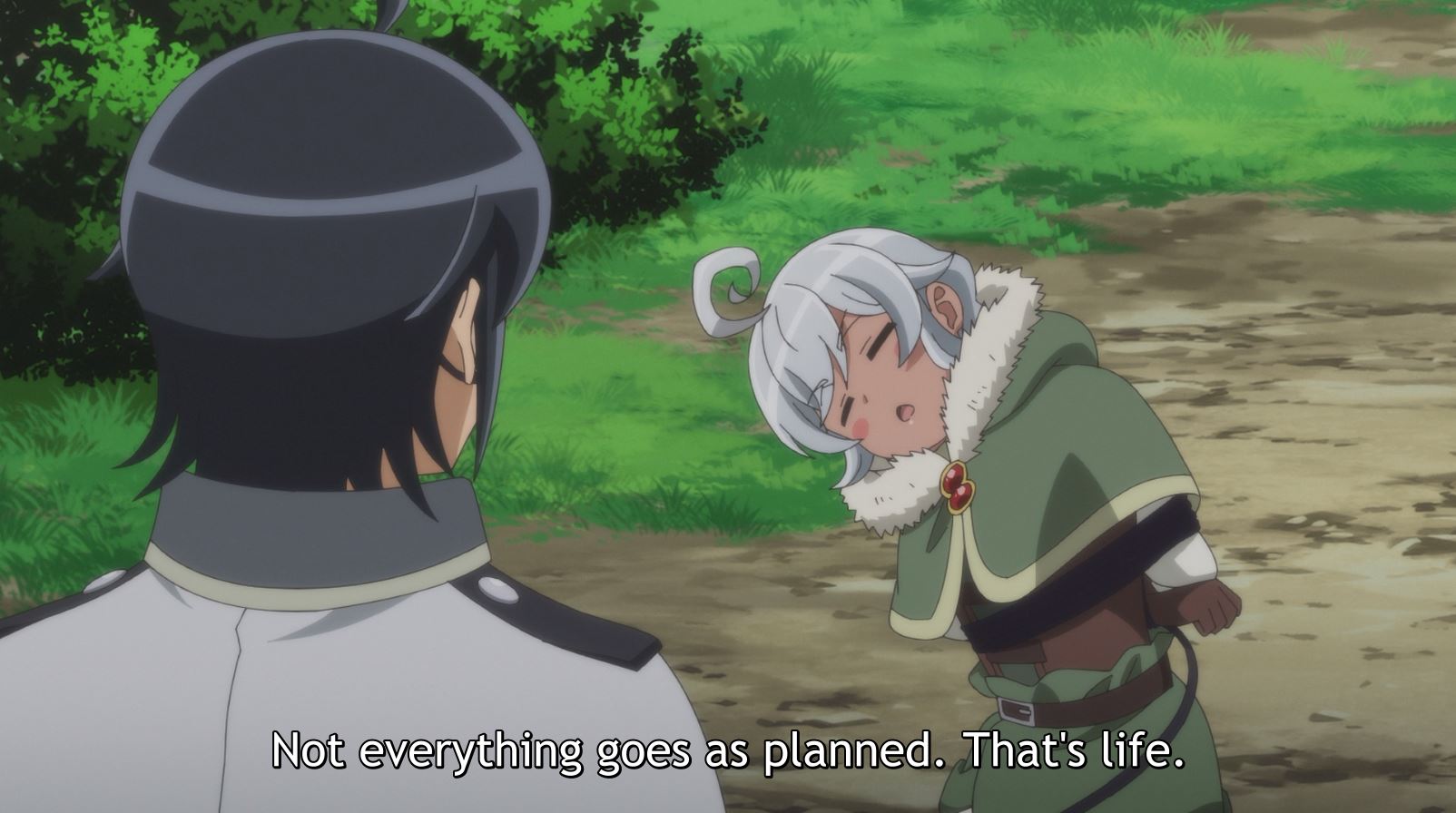While most people choose to stay and make a living in the country they are born in, there are also a minority who wishes to relocate to a different country. Although I said minority, this particular group of people is still not a small number. There are a few reasons for doing so, but mainly in search of a better life which they could not get in their own country. When we say better life, it differs according to each individual. To some, it is a relocation to a peaceful country without war or hunger, to some it is the prospects of earning more money in a developed country, while to others maybe it is an escape to a quieter place to live a life outside of the rat race.
Whatever your reason might be, there are certainly preparations to be done. One cannot simply go empty-handed and hope for the best on the other side. There may be a small chance of success if we are young enough, but for middle age people (which I classify as 35 and above) the risk of doing that is far too great, especially when there is a spouse and children to consider. I have talked about the reality of striking out overseas, so I will not repeat the points there. Rather, I will go along the angle of what we need to realistically prepare to increase our success rate, as a middle age person.
Securing A Job
Once we have locked on to a country, the next thing to do is to find out what are the jobs we can do over there. Afterall unless you are the super rich, you will still need a job firstly as a basis to get a Permanent Residence (PR) and secondly to sustain your daily living if need be. Every country has a different skill requirement, which often have to be backed up by academic qualifications and job experience.
Let us say you do not have the necessary qualifications right now, you will then need to look at the country’s skills shortage list to determine what you can do. While there are certain jobs which may be in shortage, such as retail managers, I suggest you do not consider them at all. Jobs like these are probably only temporary, and people who have no skills will rush for that few slots which are opened up. Competition is high and there is a high chance you will not get your visa approved or renewed, much less a PR. Go for a hard skill. There are certain hard skills which are way out of many people’s league, such as a medical doctor. While engineering is also considered a hard skill, for those of us who are not in the line, it takes up way too much time to first secure the academic qualifications and secondly the job experience.
Especially for middle age people, time is critical. We need to consider hard skills which can be learnt quickly and for us to build our portfolio in a shorter time. For example, programming skills need only 1 year if you start from scratch. While learning, there are mini-projects which you can do to add in your portfolio. If you are good enough, or know the right people, you might even land yourself an easy entry level job which you can do while studying, clocking your experience. Else, by the end of 1 year where you have learnt what you need to, make the jump to that field of your learning, even if you have to take a pay cut. Programming, data analysis, early childhood education teacher (especially special needs education if you are able to), Mathematics teachers and nursing are some of the easier to grab hard skills which are in demand in certain countries.
Also, it is better to secure a job in the new country first before moving over. It will be very difficult, and at times you may wonder if it will be easier if you relocate first. Unfortunately, things are not that rosy. The economy is not doing well, and often times finding a job is frustratingly difficult, especially in a country with a very small and awkward market like New Zealand. If you think it is difficult to find a job in the new country while all is stable for you in your own country, you will realise it is nothing compared to having no resources in a new country and still not being able to find a job.

Summary: Check out their skills shortage list. Narrow down to those you can do in the shortest possible time and get down to it. Then secure a job in the new country first before moving over.
Ensure Rock-Solid Foundations For Your Finance
Going to another country with nothing on hand but a backpack is cool in the movies and a privilege reserved only for the young. For the middle-age, you better not try unless your native country provides you a decent unemployment welfare benefit. Even then, if you already have a family, relying solely on the welfare benefits will not be enough to give you a decent life.
Money needs to be spent on food, accommodation, transport and every miscellaneous thing in daily living. I do not need to elaborate this point further. If you do not have a steady stream of income coming in, you will most likely be stressed out, pressured to find a job which sustains you. You will be distracted by the finances so much you are unable to concentrate on what is the most important thing – your PR.
For example, your first job in the new country may not pay you as well as you would like, and the salary itself cannot keep up with the expenses. Or, you did not secure a job first and jump over empty-handed. Or, you have a job but needs to put in much effort to learn new things and adapt to the new environment. Do note that as we grow older, our ability to adapt gets lower. Without a good financial foundation, you may be forced to take certain part-time jobs which feeds you in the short term but does nothing to help you in your goal in the long term, such as working in a noodle shop. But, if you already have a steady stream of money flowing in every month, you can focus on what needs to be done without worrying about daily sustenance.

That bring us to the topic of passive income or remote active income. Passive income can be rental from your own house in your home country. It can be regular dividends from blue chip stocks. Remote active income could be your daily trading in the forex market. It could also be the remote freelance work which you are doing. In our case, it is better to have a larger proportion of income on the passive side, as you will need a lot of time and energy to settle down in the new country. Unless of course your active income does not require much time and effort.
Summary: Ensure steady and consistent income from your home country so that you can focus your time and energy on settling down and getting a PR in your new country.
Enroling Into A Course
Supposed your financials are stable. But your necessary skills are perhaps sufficient only for an entry level position. Yet you simply cannot find a job in the new country. There is one more option left, but your financials need to be stable enough. Rock solid foundations that assure you do not need to worry about money at all, even without a job. The more dependents (children you bring over and parents you cannot bring over) you have, the more your income is supposed to be.
Enrol into a course in a school there, preferably a reputable university or institute of higher education there. Get a short Master’s degree or post-graduate Diploma. However, your main purpose is not to study there. You should already have all the knowledge you require to pass the course easily. Your main purpose is to make use of the course to get a study visa, which usually last for the duration of the course + 1 year. That visa buys you time to go job hunting or to do whatever you need to to settle down. Secondly, the universities and institutes of higher education know this tactic too, so in order to draw in people like you they will offer resources in the form of network and job opportunities. Your main job there is to make full use of the opportunities provided by the education centre to find an appropriate job. Of course, upon graduation, your degree or diploma by their locally recognised institution will also give you an advantage. Hence, do not go for unknown education institutes. If you take a course which you have no knowledge of, you will need to spend time studying, leaving you with lesser time to do what is necessary.
Estimated cost will be cost of education + daily expenses all without a job. Of course you can do a part time job there to ensure your daily bills are taken care of. But as I said earlier, you are now a middle age man or woman. Time is too precious for you to be cooking in a noodle shop. Your rock solid financial foundations will give you the time and energy required to do what you need to without worry about money.
Summary: If all else fails, enrol into a course in a reputable education institute and make use of the resources over there. Study first before you go over so you can cruise through. You are not paying for knowledge. You are paying for an opportunity to be in the new country in the short term + network + opportunities provided by the educational institute + a recognised qualification at the end of the course.

Find Out About The Country
A natural but often times neglected aspect. Finding out about the country is not just reading comments and articles off the internet. But go there and experience it yourself. In war, armies send scouts to do a recce. Do the same for the country you are aiming for too. Perhaps the preliminary recce could be in the form of holidays, understanding the situation and stuff over there. But unless you have experience living in that country, ideally you should use your annual leave (I assume you have a current job in your home country) to have short stays over in your target country. Travelling as a tourist beats reading off the internet, and living there for an extended time beats travelling as a tourist. Most companies allow staff to carry forward one year’s worth of annual leave. Accumulate as much as you can, stretch out your holidays factoring in weekends and public holidays and have a short stay over in your target location in the new country.
Best still, if your company allows for a no-pay leave, take a half year no-pay leave and try it out. If you succeed, all is well. If not, come back to your job and work out a plan based on what you have learnt in that past 1 year.
Summary: Do a proper recce before you go down to the ‘warzone’ personally.

Take The Money Route
Of course, there are also those who simply cannot or do not want to learn a hard skill. There are different reasons for that. Some are just simply bad at studying or going the traditional routes. Some are doing much better in their businesses or stock trading that the opportunity cost of going the traditional route is simply too high. In that case, aim for the money. There are countries who are willing to give you the PR if you are able to put down a certain sum into the country. Different countries employ different methods on this.
For example, in New Zealand, you can go in with 15 million NZD to get a residency straight or simply go in with 100,000 NZD (take 3 years) or 500,000 NZD (take 6 months) to set up a business there and go through a slightly more roundabout process. Or, spend 500,000 Euros on a low quality house in Portugal, then hire a company and spend more money to renovate the house, after which you can earn a Golden Visa which will lead to a residency, which you can use it to live and travel around the Schengen region, which basically covers almost all of Europe. Spain and Greece are another 2 countries which offer similar options.

However, do take note that going this route may not be as smooth as you think. For example in New Zealand, although on paper it says about 6 months for a 500,000 NZD or 3 years for a 100,000 NZD business investment, truth is you will be operating on a business visa for a very long time before they finally consider giving you a residency. There are people who are trapped in that stage for many years without getting a PR. The government also wants to make use of people to contribute for free without giving them a PR.
Some may say it is ok as long as you get a visa to stay there. But getting a PR gives you first the assured stability that you will not be chased out any time and second the welfare benefits. You may think you have all the money now, but welfare benefits are important in your old age. You would not want to have a situation where you are 75 and scared to close down your business, because then you would lose your business visa and asked to pack and go.
Conclusion
There are multiple routes to make a living and get a PR in a foreign country, but unless you are the super rich, it is a very long and difficult process for many of us. The older you get, the less risk you can take, and that is why it is important to start preparing early. And lastly, do take note that things will not be smooth as planned. There will be many obstacles and roundabouts, frustrations and helplessness. But no matter which route you take, do ensure your financial foundation is rock solid first before taking the first step. I have intentionally repeated this, because it is more important than what many people may think it to be.

Showing 1 - 3 out of 3
Page 1 out of 1
| - | Shop Products | Price | |
|---|---|---|---|
|
|
$99,999.00
|
||
|
|
$1.00
|
||
|
|
Price range: $69.00 through $99.00
|


